During one week in October, 72,000 of you took my “Who Are You?” survey. First off, this is an insane amount of responses. So thank you.
Second, your responses provided clear answers to three questions:
Who is the YLE audience? Am I talking to a bunch of epi nerds? Or is this reaching a more diverse audience?
How has YLE been used to navigate the pandemic?
Should I take “this” (whatever “this” is) into the future? And where should I take it?
One thing researchers don’t do enough is share results with the people who participated. The public is asked to take a ton surveys, which can lead to survey fatigue. I try to address this in my research by emailing high-level infographics to participants or organizations when possible. I’m going to do this with YLE. I hope that it’s not only a token of appreciation for your time and responses (and patience when the number of people accessing it “broke Google Forms”), but also shows you there’s immense value in surveys.
Here we go…
Reach: Who is the YLE audience?
People from more than 126 countries answered this survey, which we mapped below. This map is not something that I take lightly. I am incredibly humbled (and a little embarrassed) to have built such a diverse audience in 20 months. If anything, this is a testament to just how much scientific “translation” is needed across the globe. While we will always lose to the rapid speed of mis/disinformation, we can spread evidence-based information in a digestible manner on an international level.
YLE also has a reader in each one of our 50 states. Most YLE readers are in Texas, which isn’t terribly surprising because this is where I live, and it’s one of the most populous states. California, Michigan, Pennsylvania, and Washington followed.
YLE tends to have a younger, highly educated audience, and many are parents/caregivers.
I’m also incredibly proud to say that I have a mixed socio-political audience. While social views lean liberal (probably a lot to do with my abortion post a few weeks ago or vaccine acceptance, not sure), the fiscal views are more broadly distributed.
It’s really difficult to separate public health from politics. And sometimes it can’t be separated: good policies are informed by good science. But I do actively try to get public health science to the people that want it, which I’ve learned is a diverse set of individuals. To me it’s important that science breaks echo chambers, rather than infiltrates them.
I was then curious where you worked. This employment question was just a mess to clean up because I didn’t write it well. BUT it was sure fun to read through the wide range of jobs you wrote. Check out some of the job titles we have in the house:
A ton of professors, epidemiologists, public health workers, physicians, nurses
Teachers
Reporters (Hi Al Tompkins)
People from the FBI, Department of Defense, National Institute of Health, FDA, USDA, NASA, and the White House
Someone who owns a leather company
Zookeepers
USPS workers
Military
Farmers
Stay at home parents
Musicians
Pastors
“Lunch lady”
Olympic swimming coach
Construction workers
Police officers
…just to name a few. One thing that is becoming increasingly apparent with YLE is the underlying grassroots movement.
Effectiveness: How has YLE helped you in the pandemic?
The majority (77%) of respondents said that YLE has “helped understand what was going on”. This was closely followed by “learning about scientific details” and “guiding others to make decisions”.
Sustainability: What’s next?
I was most curious to see if people would be interested in other public health topics. Would people care to hear about epidemiology or public health beyond a pandemic? Epidemiology touches our lives on a daily basis—some just don’t realize it.
I was excited to see that 60% of people said they “absolutely” are interested in public health topics outside of the pandemic, followed by 38% who said it “depends on the topic”. There were a few honest people out there that selected “I hope to never hear from an epidemiologist again”. Fair.
What are topics people are most interested in? Breaking news with a public health perspective followed by other infectious disease outbreaks and mental health.
Part of sustainability is also finances. One mantra of mine has been to keep this newsletter free. We need science accessible and available more than ever. And I cringe asking for financial support; I don’t advocate for my time to be compensated. Maybe it’s a woman thing. Maybe it’s a mom thing. Maybe it’s an academic thing. But the lack of advocacy was very apparent in my survey: The majority of people haven’t financially backed YLE because they didn’t know they could. So, the best way you can support this work is to pay for this newsletter here:
Many people also shared that they don't want, yet another, subscription. I hate getting a surprise charges, too. So, I’ve put together an email that will ping you one week and one day before your subscription renews. Hopefully this will help alleviate surprises.
Bottom Line
Thank you for taking the survey. I have spent hours and hours pouring over the data.
Thank you for giving me courage to continue. In the near future I will primarily cover COVID19 (hi Omicron), but I’ll start sprinkling in some other public health topics. You’ll be able to opt-out of topics you don’t want to see. (I’ll provide instructions later).
I’ve also started piloting a more sustainable model, like a team that can help find the latest and greatest public health information. Maybe this way I can avoid burnout. Many of you will be excited to hear that I onboarded a copy editor, too.
We will see where this can go! Thanks for coming along for the ride.
Love, Katelyn


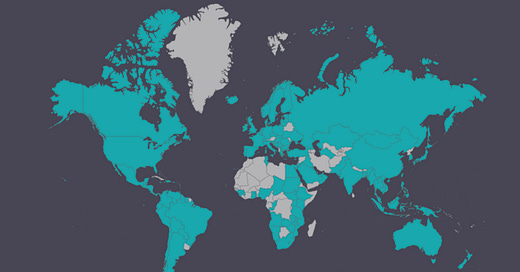



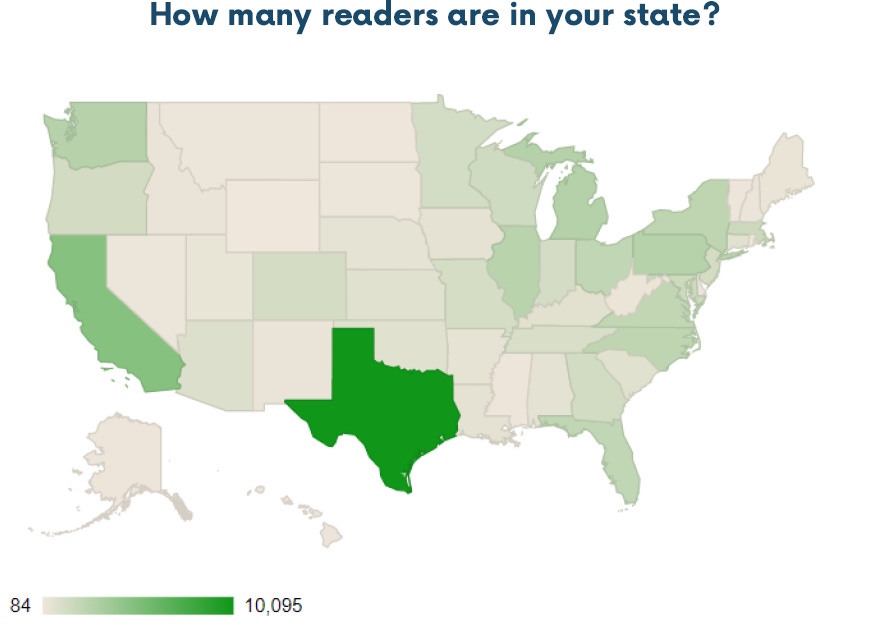

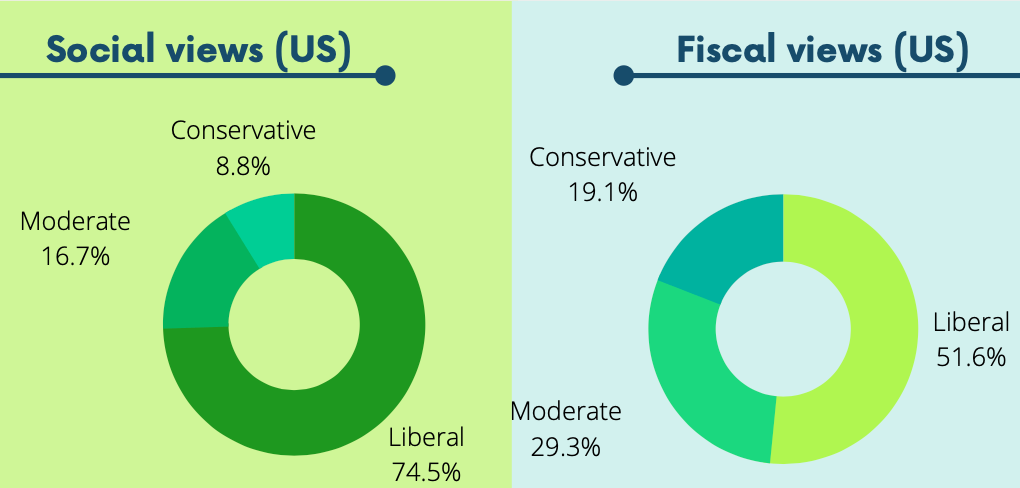
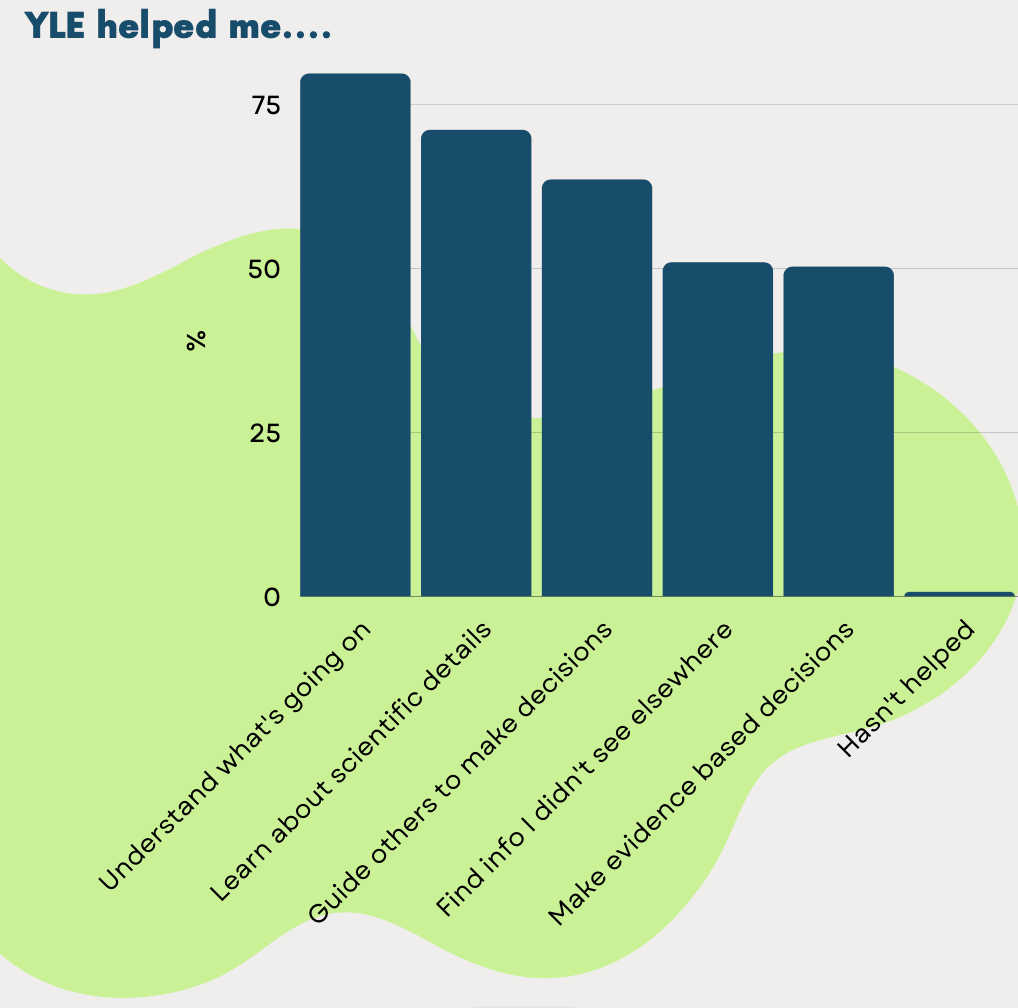
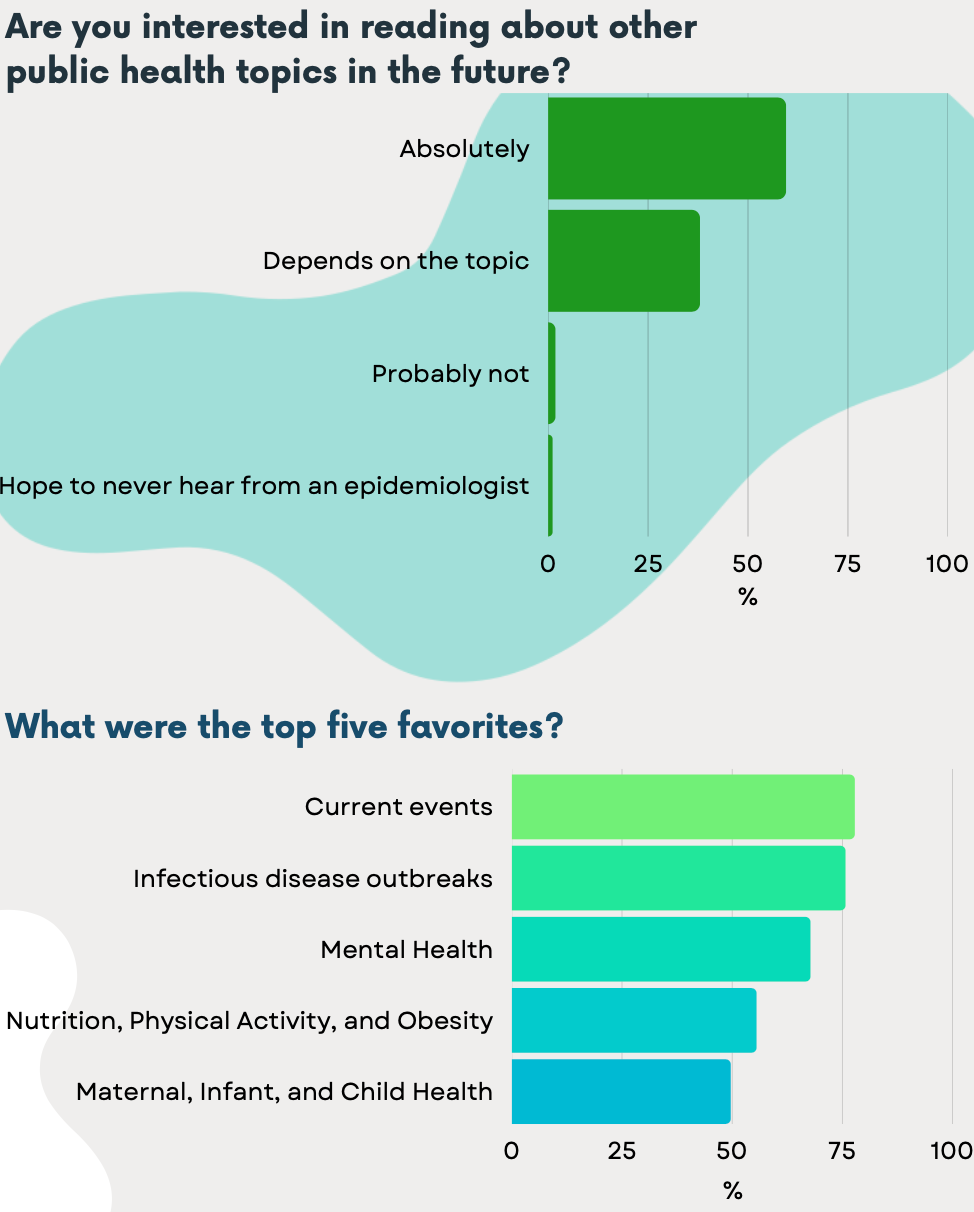
You are amazing! Your fellow epidemiologist in WA state. I keep posting that this is the best Holiday present anyone could gift someone - a subscription to your newsletter! THANK YOU for your endless work
Sorry I missed out on the survey, and a bit sad because I don't see us Silent Generation (me) & Boomers (a few neighbors) on the graph. I'm 79, live in a 65-person cohousing community where agreeing on a mask policy has been a struggle, subscribed after my 60-something neighbor posted a copy to our intranet. What have I gotten from the newsletter? "All the above." Looking not only for answers but good questions!